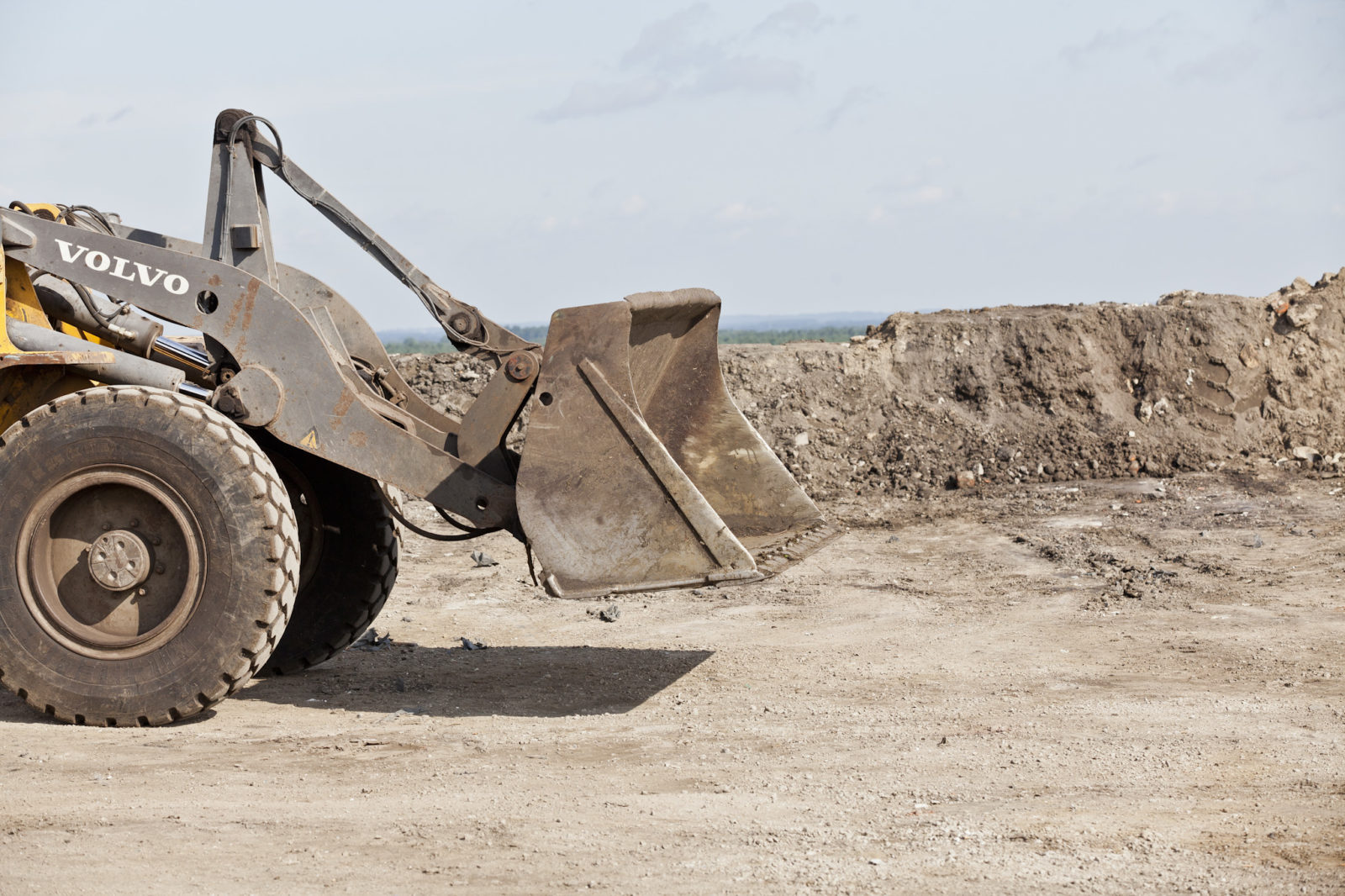Most of the road construction materials are suitable for recycling. The standards for safe and high-quality recycling depend on the type of waste, the pollutant load and the intended use. Excavated soil and building materials can be contaminated in different ways due to their origin and use. The examination and correct classification of the road construction material to be excavated are indispensable prerequisites for proper and harmless disposal.
The use of mineral construction waste for the highest possible quality purpose is in line with the waste recovery prioritised by the Closed Substance Cycle Waste Management Act (KrWG) and conserves natural resources. The recycling obligations are also listed in § 8 sentence 1 of the Commercial Waste Ordinance: Producers and holders of construction and demolition waste must each collect it separately, transport it and give it priority for preparation for reuse or recycling in accordance with section 8(1) of the Closed Substance Cycle Waste Management Act. Insofar as separate collection of the respective waste fraction is technically impossible or economically unreasonable, the mixtures of construction and demolition waste are to be sent immediately to a pre-treatment or processing facility (Section 9 GewAbfV).
Tenders in which recycled building materials are excluded from the outset violate waste legislation.
The responsibility of the waste producer for excavated soil and road construction materials extends from removal to transport to recovery or disposal and only expires when the waste loses its status as waste. This responsibility does not change if the waste producer transfers his obligations to a third party (§ 22 KrWG). Even if the waste - contractually agreed - comes into the "possession" of the contractor, the contractual partners are responsible for each other. In the event of incorrect disposal, recourse can be had to the responsible waste producer.
Even if the waste producer has no influence on the implementation of recovery, he can still be held responsible for violations discovered years later. Even the confirmation of a contractual partner to take over the waste and the responsibility for recovery does not release the waste producer from his obligation. Only when a recovery operation has been properly and harmlessly completed is the waste producer released from his obligation under waste law.
1TP5Disposal 1TP5Long-Term Liability 1TP5Waste #mupgroup #engineeringforabttertomorrow

